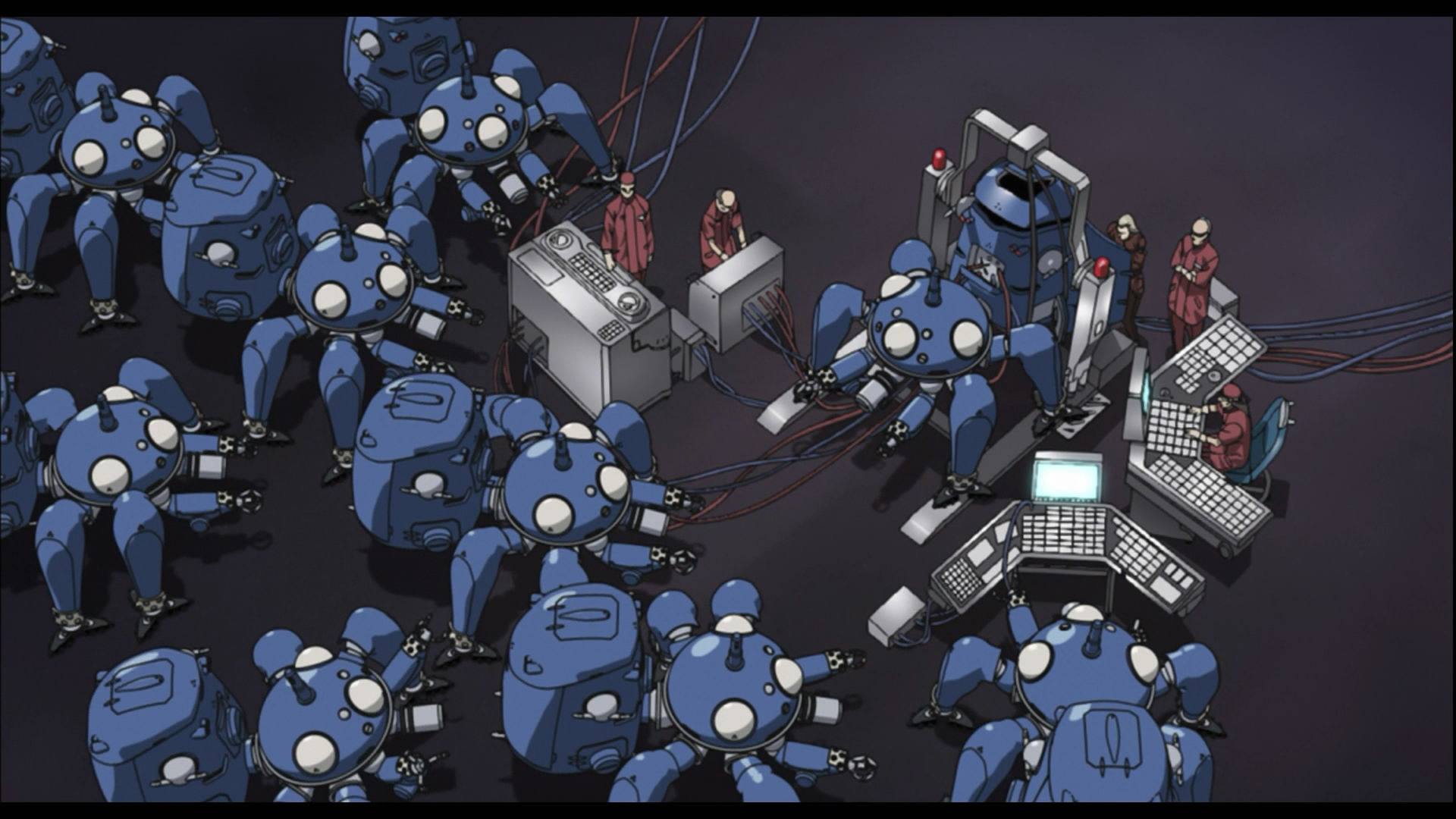I'm not writing about the movie. Yes, there's a book and this is another post of Asimov's book recommendation.
This was one of the books that I bought randomly in a book sale. I saw the title and thought, why not? I've never watched the movie but I know that the book is different and the movie just uses the concepts of Asimov's Robot Laws.
I, Robot is a book with a collection of short stories (that are connected) about robots and human relationship. What makes the book different of another sci-fi robot genre, is the defined concept of machine behavior. The Robot Laws or the Three Laws of Robotics or Asimov's Laws is a set of laws that define how a robot must behave. The three laws are:
This was one of the books that I bought randomly in a book sale. I saw the title and thought, why not? I've never watched the movie but I know that the book is different and the movie just uses the concepts of Asimov's Robot Laws.
I, Robot is a book with a collection of short stories (that are connected) about robots and human relationship. What makes the book different of another sci-fi robot genre, is the defined concept of machine behavior. The Robot Laws or the Three Laws of Robotics or Asimov's Laws is a set of laws that define how a robot must behave. The three laws are:
- A robot may not injure a human being or, through inaction, allow a human being to come to harm.
- A robot must obey the orders given it by human beings except where such orders would conflict with the First Law.
- A robot must protect its own existence as long as such protection does not conflict with the First or Second Laws.
In my opinion, what makes this book interesting is the way that Asimov play with the laws. Almost every story in the book has a plot putting the laws at the boundaries and centralizing the drama in human-robot relationship. There's even a career called "robopsychologist" that is a professional who treats the personalities and behavior of intelligent machines. The book is very short and is a great way to experience some of the Isaac Asimov's stories.
R4D10 - 100

Comments
Post a Comment